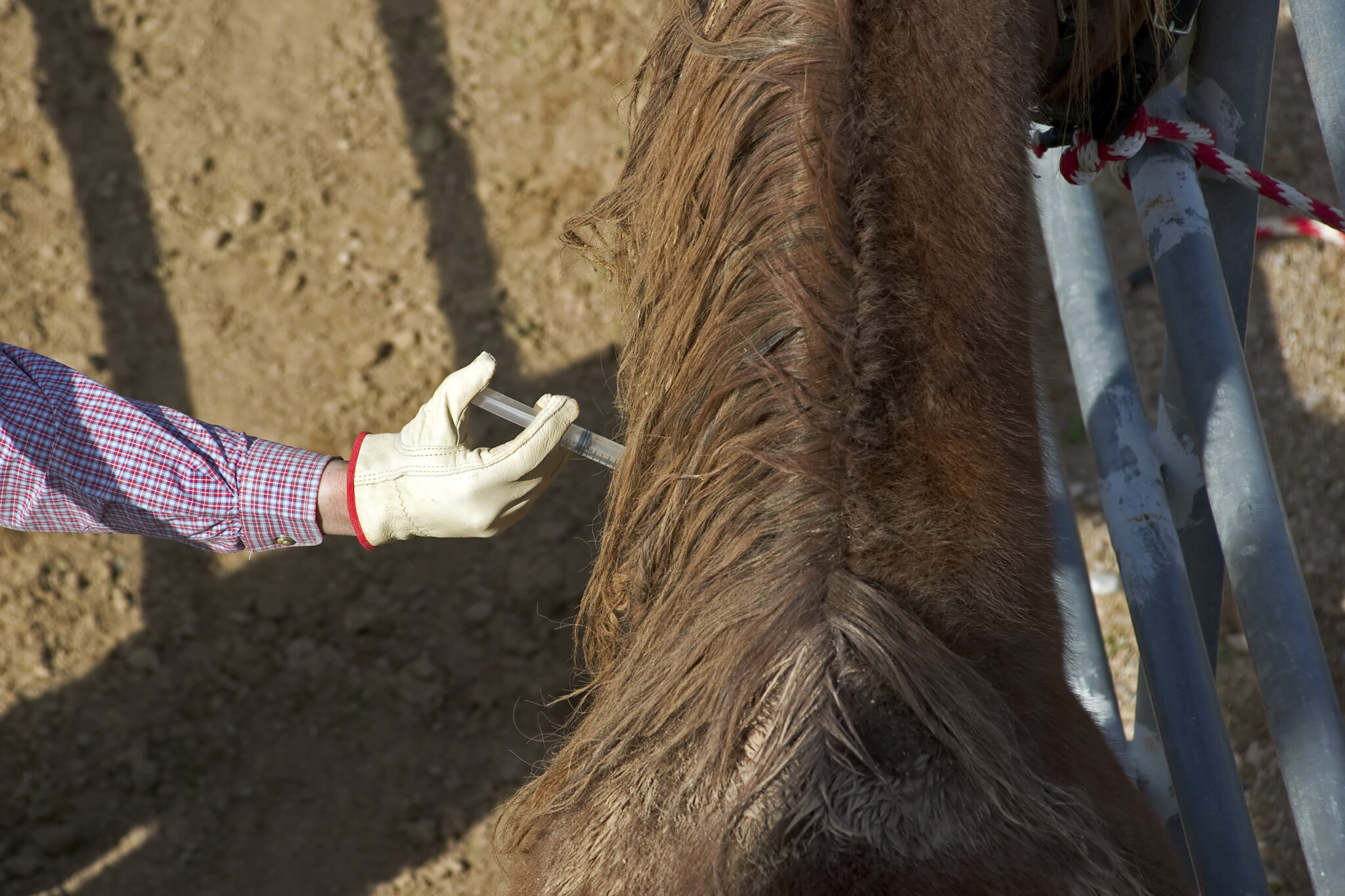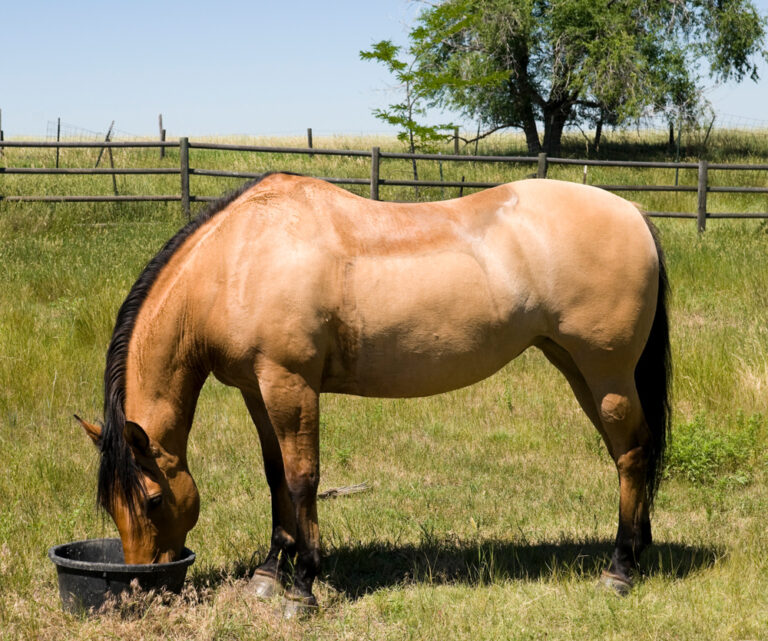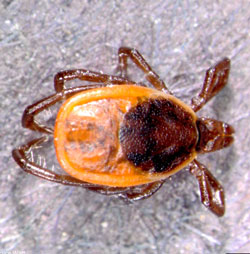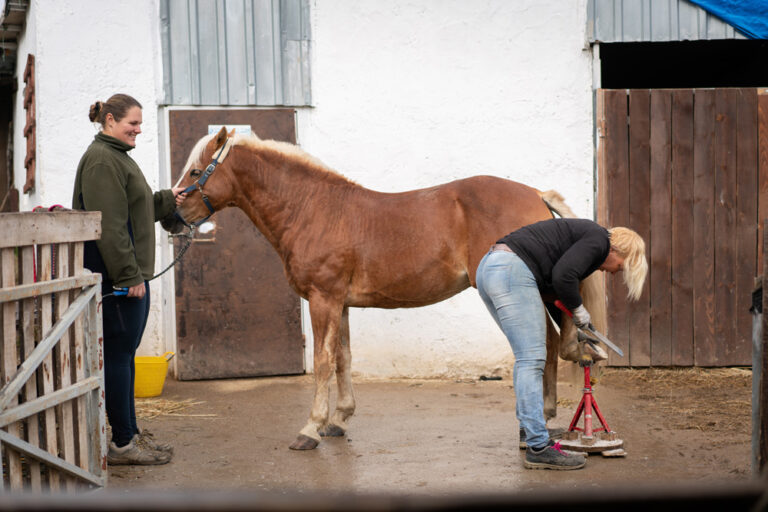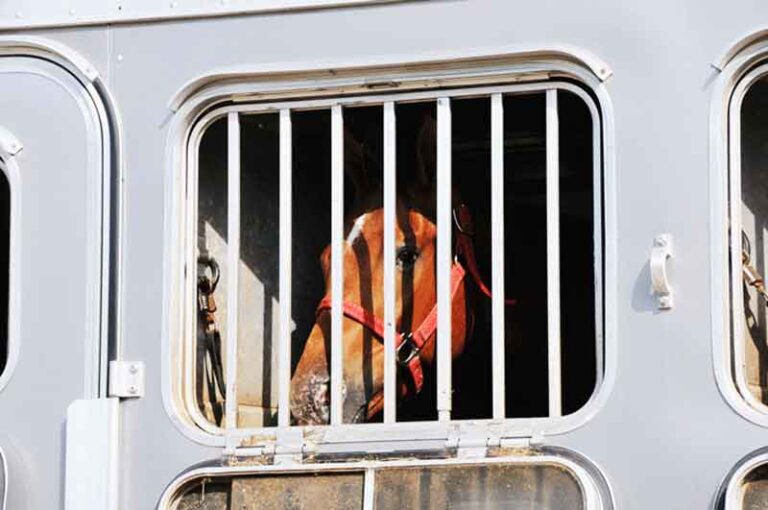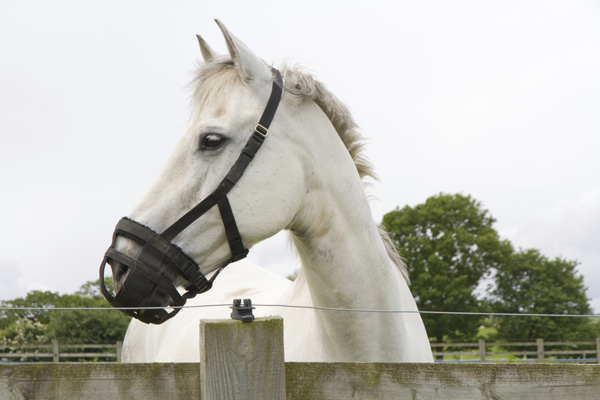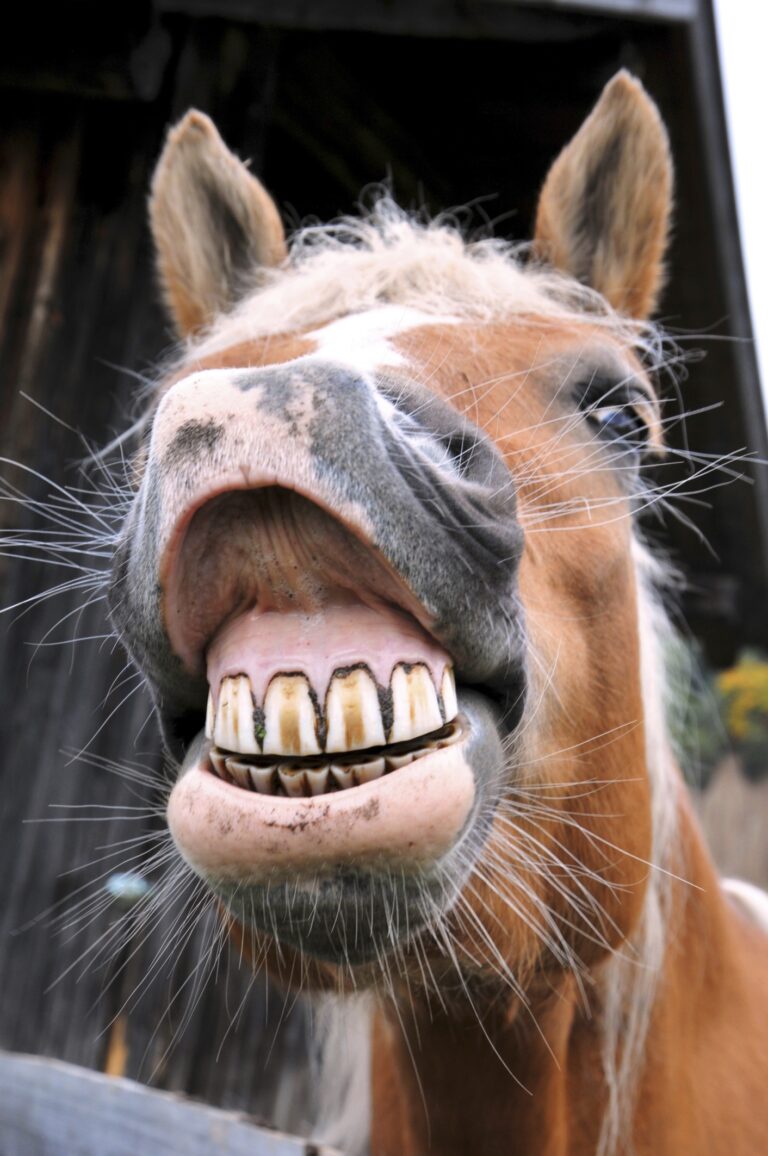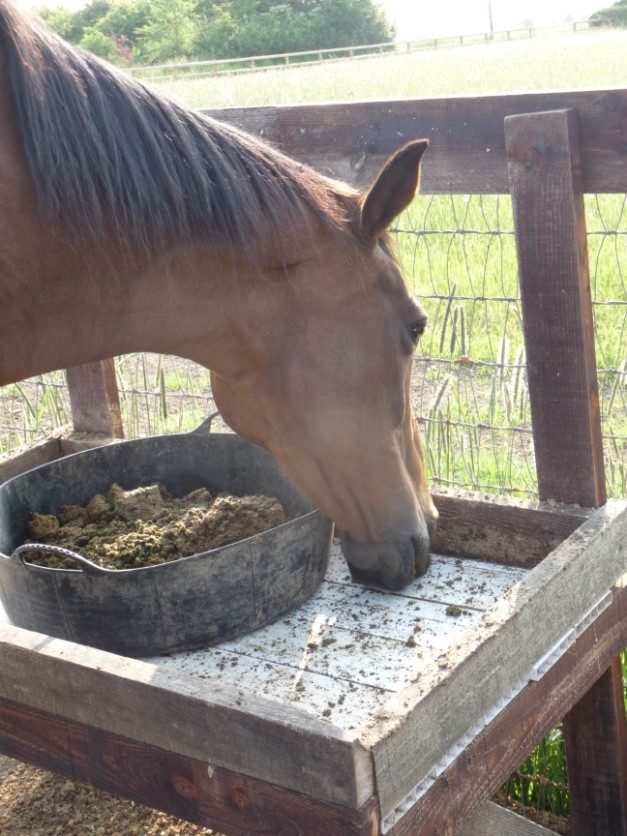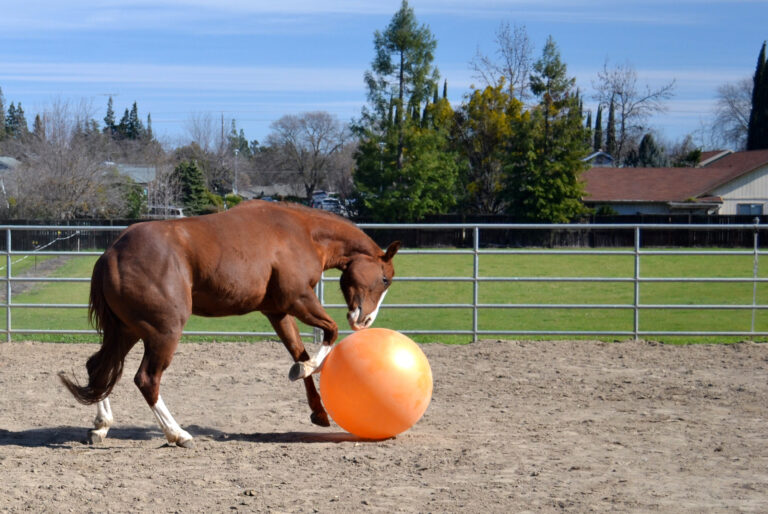Owner vaccination of horses is a risky management practice. The cost savings of giving your horse’s vaccines yourself can be appealing. There’s no call fee and the vaccines can be purchased direct at a supply store. Plus, it seems like a simple process. But the side effects can be deadly.
Despite these potential problems, the AAEP found in a 2019 survey that nearly 50% of owners administered some of their own vaccines without veterinarian oversight. This was primarily due to cost considerations.
In this article, we want to help you understand why owner-vaccination of horses isn’t a good way to save a few bucks.
Seems Simple?
Giving your own vaccines seems simple to an experienced horse owner. Uncap the needle, place it deep into the horse’s muscle, attach the syringe, pull back to ensure there is no blood, then inject the proper dose of material.
Yet, this process relies on several factors in order for it to be done safely, efficiently, and to achieve optimum vaccine protection. And, no horse owner is prepared for a systemic allergic reaction from vaccination.
What Can Go Wrong?
First of all, it is essential that each vaccine is handled appropriately from its source at the manufacturer all the way to the moment of injection. Vaccines need to be maintained at specific chilled temperatures. Even a short time without refrigeration can render them ineffective. Some vaccines require darkness for storage and will degrade if exposed to light.
Often vaccines ordered online come from bulk suppliers. There is no guarantee that the product has been handled correctly at all times. Online pharmacies also do not provide counsel or help in the event of an adverse reaction (but your veterinarian will if she/he does the vaccinating).
Purchasing from a reputable source is essential if you insist on giving vaccinations yourself (which we don’t recommend).
What Vaccines and When?
Knowing which vaccines to give for your local area and time of year is critical to providing appropriate immunization against disease risks. Your veterinarian is well versed in immunology and vaccine technology. She/he understands the most effective program to keep your horse healthy and safe.
Your vet also knows which pharmaceutical manufacturers are known for the fewest adverse reactions associated with vaccination. This is important for horses that have a history of vaccination reactions.
As a bonus, when your vet arrives to administer immunizations, she/he gives your horse the “once over” both visually and often with a physical exam, checking for anything off kilter. This is a good way to obtain early identification of subtle and not-so-subtle problems.
This is also important to ensure you are giving vaccines to a healthy horse that is capable of mounting a effective immune response to the vaccine. That means the vaccine can offer protection against disease exposure.
Adverse Vaccination Reaction!
Is your horse is insured? If you administer vaccines and the horse has an adverse reaction requiring veterinary care, will your insurance cover the claim?
This is something you need to check with your insurance agent. Every company has a different policy. It is possible that your claim might be denied due to owner administration of vaccines.
If your veterinarian administers a vaccination and the horse has a severe reaction, the vet will have the experience and medications to address the reaction. Reactions can include slowly developing swelling and stiffness at the injection site all the way to immediate anaphylactic shock. That is a severe, life-threatening allergic reaction that has to be addressed immediately.
Help Your Veterinarian
We all know our veterinarians are super busy. There are fewer equine practitioners trying to care for all of our horses. So how can we keep our veterinarian involved in our vaccinations?
If you are at a facility that has multiple owners who use the same veterinarian, try to coordinate a “vaccination day.” That way, your vet can get everyone done on the same day and save travel time for your vet.
If you have a private farm, work with your neighbors who use the same vet and schedule “vaccination day” for your area. Again, this can help the veterinarian save time by concentrating her/his time in one drive.
Final Words
Vaccinating your horses is your decision. But it should be made in conjunction with advice and hopefully the administration of vaccines by your vet.
There is a cost-benefit to everything. You might save a couple of dollars if you vaccinate your own horses. However, not involving your veterinarian in immunization decisions for your horse can actually mean less protection because you didn’t use the right vaccines at the right time. It can also mean you might lose the horse to death resulting from the vaccination.
Further Reading
Reportable Equine Disease. MySeniorHorse.com
-
Nancy S. Loving, DVM, was a performance horse horse veterinarian based in Colorado for most of her career. She has a special interest in helping horse owners understand technical veterinary topics and research.View all posts

